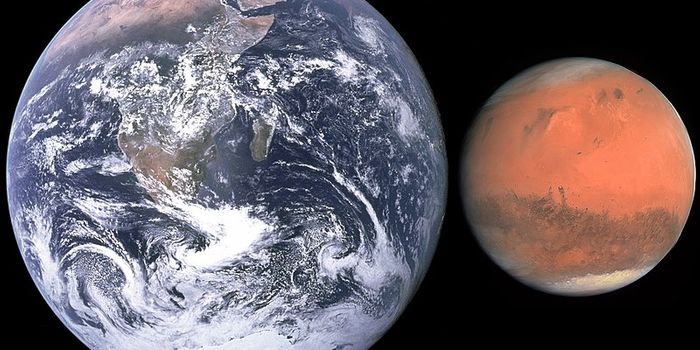Will Banana Crops Survive a Changing Climate?
Climate change impacts, most notably rising temperatures and changing precipitation patterns, are impacting agricultural production around the world. It’s important to understand and predict how climate change will impact key crops, such as bananas.
Bananas have long secured their status as one of the world’s favorite fruits. According to Harvard’s School of Public Health, they’re an excellent source of vitamin B6, fiber, potassium, magnesium, vitamin C, and manganese. Additionally, when part of a well-balanced diet and healthy lifestyle, bananas can aid in cardiovascular and digestive health. Beyond their health benefits, bananas also provide an important source of income for millions worldwide.
Scientists from the University of Exeter just published the results of their study examining how climate change is impacting global banana yields. Study co-author Dr. Varun Varma summarizes their findings in the video below.
According to their paper published this week in Nature: Climate Change, in 27 countries—which account for 86% of global dessert banana production—there has been an increase in crop yields since 1961. This is due to favorable growing conditions resulting from the changing climate.
However, if the climate continues to change at current rates, this increase in crop yields could be significantly reduced or disappear completely by 2050. Additionally, 10 countries will likely see a significant decline in crop yields. This includes India and Brazil—respectively the largest and fourth-largest banana producers. Colombia, Costa Rica, Guatemala, Panama, and the Philippines will also likely see strong declines in yields.
In a press release from the University of Exeter regarding the study, lead author Dr. Dan Bebber states that “there will be winners and losers in coming years, and our study may stimulate vulnerable countries to prepare through investment in technologies like irrigation.” He continues by stating that it is “imperative [to] invest in preparing tropical agriculture for future climate change.”
Dr. Varma is also hopeful that the information provided in their study will help prepare banana producing countries for the future. He states: “We believe practical solutions already exist, but these are scattered across banana producing countries. This knowledge exchange needs to start now to counteract predicted yield losses due to climate change.”
Sources: University of Exeter, Nature, Harvard School of Public Health









